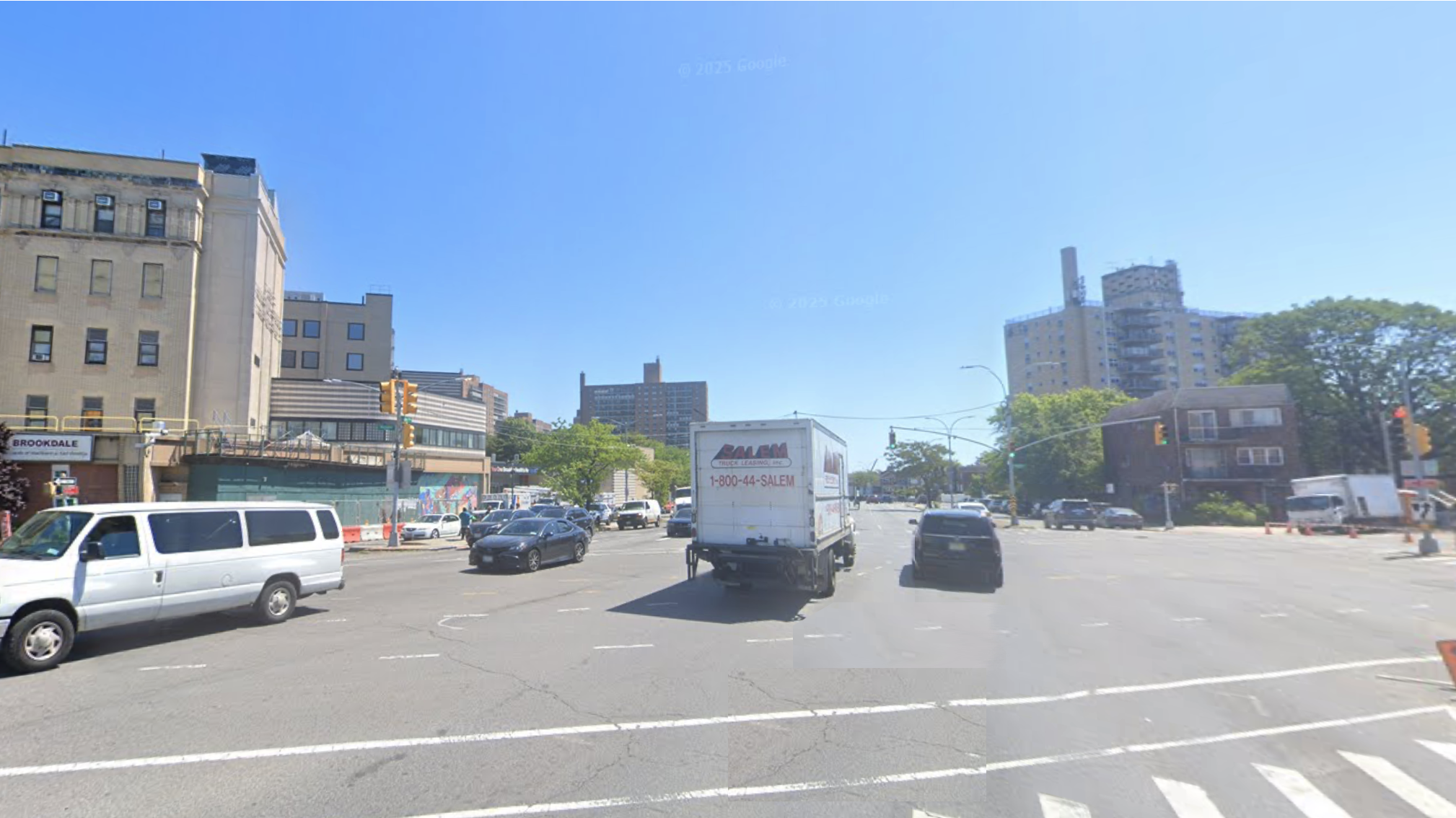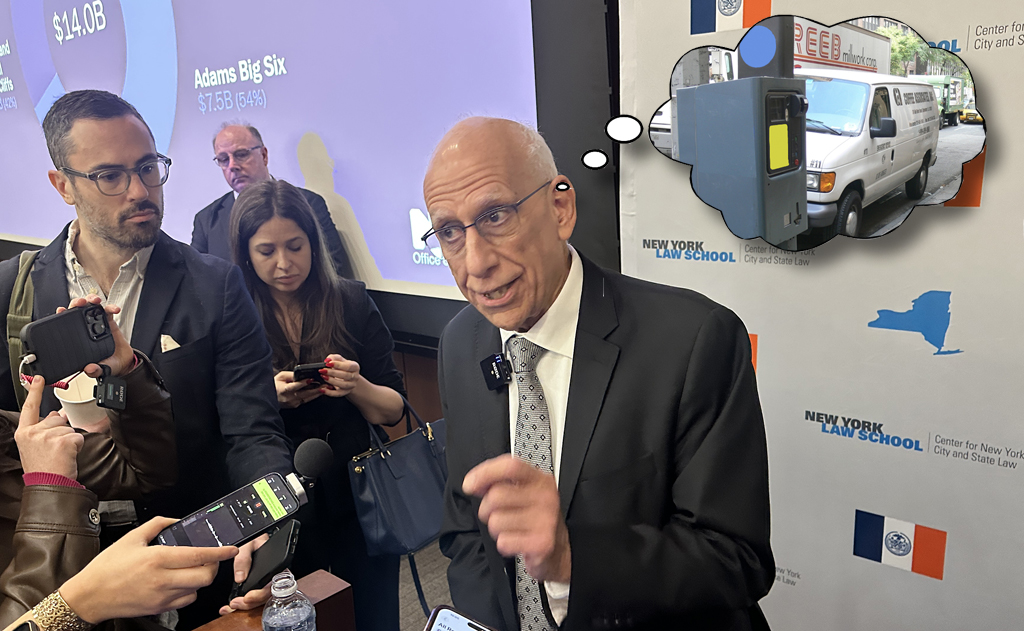
In a first for a big east coast city, Washington, DC, is putting the ideas of celebrated parking reformer Don Shoup to work. Spurred by concerns over game day traffic surges caused by the opening of a new baseball stadium, the city council recently created two performance parking pilot project zones. The most important provision of the legislation is that 75 percent of the meter revenue, after initial expenses and maintenance, "Shall be used solely for the purpose of non-automobile transportation improvements in that pilot zone." This includes a menu of transit, bicycling and pedestrian improvements including sidewalk widenings, traffic calming, separated bikeways and real-time information signs for buses and trains.
The project is especially exciting, because once parking money from the pilot zones begins to translate into actual neighborhood improvements, DC voters will want more parking reform and parking revenue return in their neighborhoods.
The force behind the legislation was Council Member Tommy Wells, whose campaign slogan, "For a Livable and Walkable Community," is prominently featured on his web site. Wells says he held "over a dozen community meetings and town halls" to build a consensus around the plan. His work seems to have paid off. The new zones and especially the revenue return provision have been cheered by the press and local livable streets advocates, including those at Greater Greater Washington.org.
Along with using "revenue return" to create a constituency for parking reform, the basic idea behind Shoup's work, and DC's performance parking zones, is simple: underpriced curbside parking meters result in completely full curbs and low turnover, which in turn causes parking shortages and cruising and double parking. The problem is solved by raising and lowering meter rates to achieve vacancy targets.
Other highlights of Washington's new performance parking zones:
- Curbside vacancy targets of 10 percent to 20 percent
- Gradual meter rate increases capped at $0.50 a month
- Authority to the DC DOT to "adjust parking fines as needed"
It's unclear if the DC DOT will vary prices during peak and off-peak periods to achieve the vacancy targets.
Alas, Shoupian doctrine didn't escape the legislative meat grinder unscathed. The DC law undercuts itself by turning off meters on holidays, freezing meter rates in some areas and, worst of all, exempting Residential Parking Permit holders from meters in other areas. However, on balance, DC's new parking experiment is an exciting step forward and should serve to inspire the New York City Council to get smart about solving New York's parking dysfunction.
Photo: pickles_pics/Flickr





